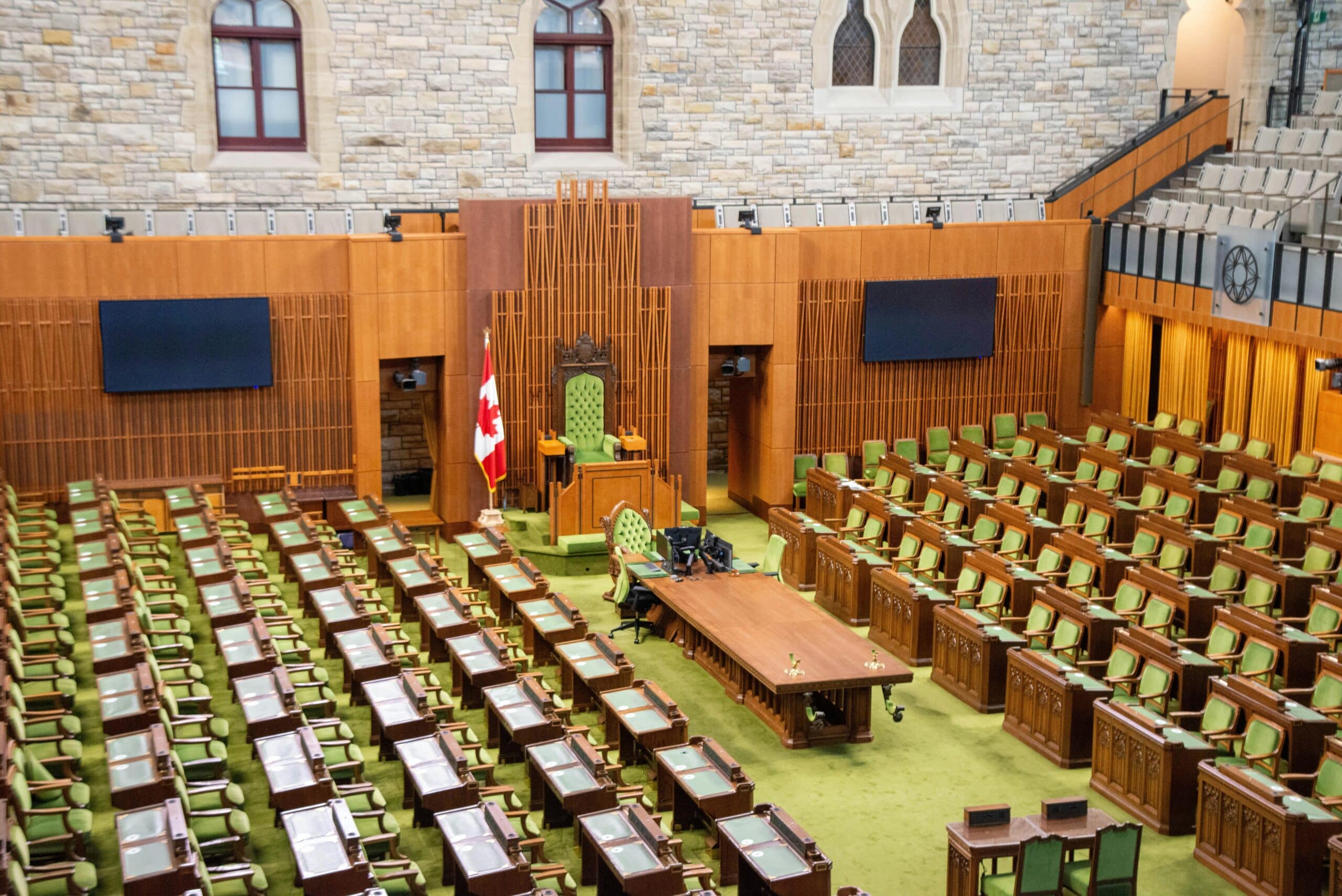When choosing a trustee for your trust, the tax consequences are often not front of mind. But they should be.
While the most critical qualities in a trustee are trustworthiness, financial acumen, and business know-how, having an understanding of how different trustees affect taxation is key to protecting your wealth. Many people are unaware that the country in which a trustee resides can present significant financial challenges, depending on their location.
Particularly for individuals with family residing out-of-country, or with a separate country of origin, choosing a foreign trustee may feel like the best option. However, it’s wise to gain a thorough understanding of the financial ramifications before making the decision.
Financial implications of foreign trustees
In choosing a foreign trustee, a Canadian trust can become a non resident of Canada. The concept of a trust being resident where the central management and control of the trust resides is the result of the leading case on the matter – Fundy Settlement V. Canada (SCC). Fundy affirmed the FCA decision in St. Michael’s Trust Corp. vs. Canada. Fundy provides that a trust is resident where central management and control of the trust is performed. And generally speaking, these responsibilities fall on the shoulders of the trustee.
In Income Tax Folio SS6-F1-C1, the CRA agrees with the case. While the residence of a trustee does not always determine the residence of a trust, the central management and control of the trust determines the residence of the trust, and generally it is the trustees who perform these duties. A change of trustee to a foreign trustee can result in a deemed disposition of assets as the trust will be perceived as leaving Canada. Non-resident trustees can result in a loss of CCPC status for Canadian corporations owned by trusts.
Interestingly, the reverse is also true. Foreign trusts may be deemed to be resident in Canada due to the use of a Canadian trustee. As a result, the trust’s income would then suddenly become subject to Canadian tax.
Choosing a third party trustee
It’s become increasingly common for trusts to elect “corporate trustees”; a third-party partner from outside the business and family, who can act impartially to deliver the desired business results when the time comes. These individuals are often lawyers or accountants, chosen for their knowledge of business and financial processes, and also their location.
The team at Zeifmans has decades of experience supporting family and corporate interests by serving as a local, Canadian trustee. As family business experts, we support our clients in making choices that preserve and grow wealth over the long term, and our knowledge of the Canadian taxation system enables us to protect client assets from unexpected costs.
To learn more about how Zeifmans can help your trust, contact our team today.
Supplemental insights
Planning Your Legacy: A guide to preserving and growing your wealth



